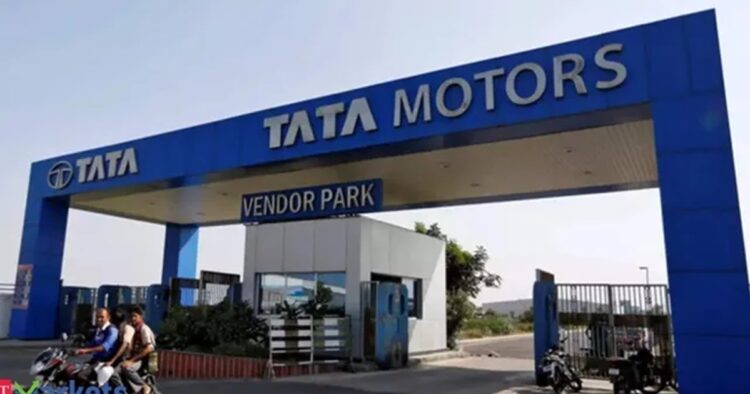Tata Motors, a leading automotive company, has recently announced a significant decision approved by its Board of Directors. The proposal involves splitting Tata Motors into two separate listed companies, each focusing on distinct sectors of the automotive market. One entity will house the Commercial Vehicles (CV) business and related investments, while the other will encompass the Passenger Vehicles (PV) businesses, including PV, Electric Vehicles (EV), Jaguar Land Rover (JLR), and their related investments.
This demerger, which will be carried out through a National Company Law Tribunal (NCLT) scheme of arrangement, aims to empower the respective businesses to pursue their strategies independently. All shareholders of Tata Motors will retain identical shareholding in both listed entities, ensuring fairness and continuity in ownership.
The decision to demerge comes as a logical progression following the earlier subsidiarisation of PV and EV businesses in 2022. It is expected to provide greater agility to each business unit, enabling them to capitalize on market opportunities more effectively while reinforcing accountability within the organization.
Under the leadership of their respective CEOs since 2021, the CV, PV+EV, and JLR businesses have demonstrated robust performance, operating independently with distinct strategies. While there are limited synergies between CV and PV businesses, considerable synergies exist across PV, EV, and JLR, particularly in areas such as electric vehicles, autonomous vehicles, and vehicle software.
Speaking on the development, N Chandrasekaran, Chairman of Tata Group, expressed confidence in the company’s turnaround over the past few years. He emphasized that the demerger will enable the automotive units to better leverage market opportunities, leading to superior customer experience, improved growth prospects for employees, and enhanced value for shareholders.
The NCLT scheme of arrangement for the demerger will be presented to the Tata Motors Board of Directors for approval in the coming months. However, the process will be subject to various approvals, including those from shareholders, creditors, and regulatory authorities, which could take an estimated 12-15 months to complete. Importantly, the demerger is not expected to have any adverse impact on employees, customers, or business partners, ensuring continuity and stability during the transition period.

















Comments